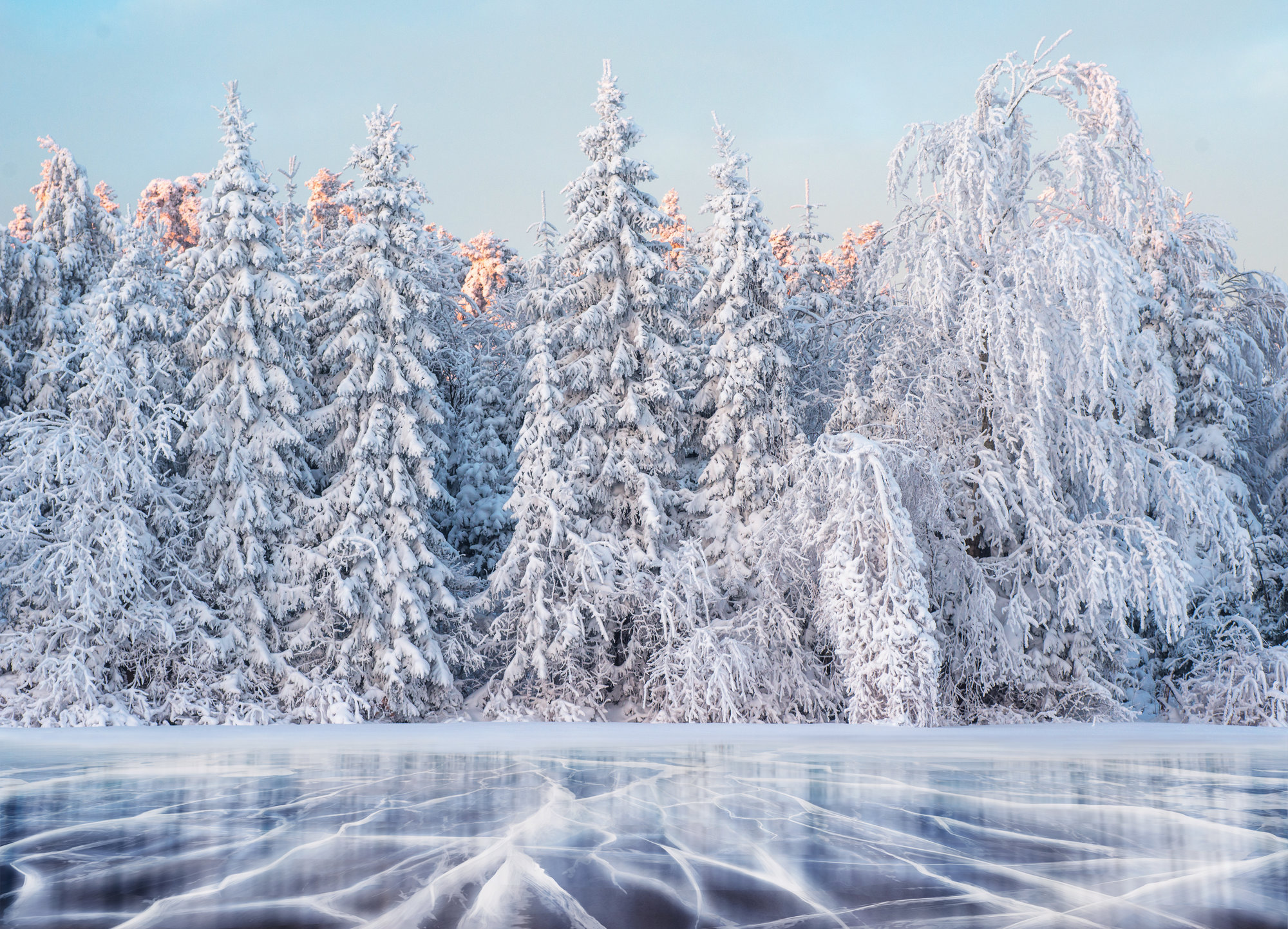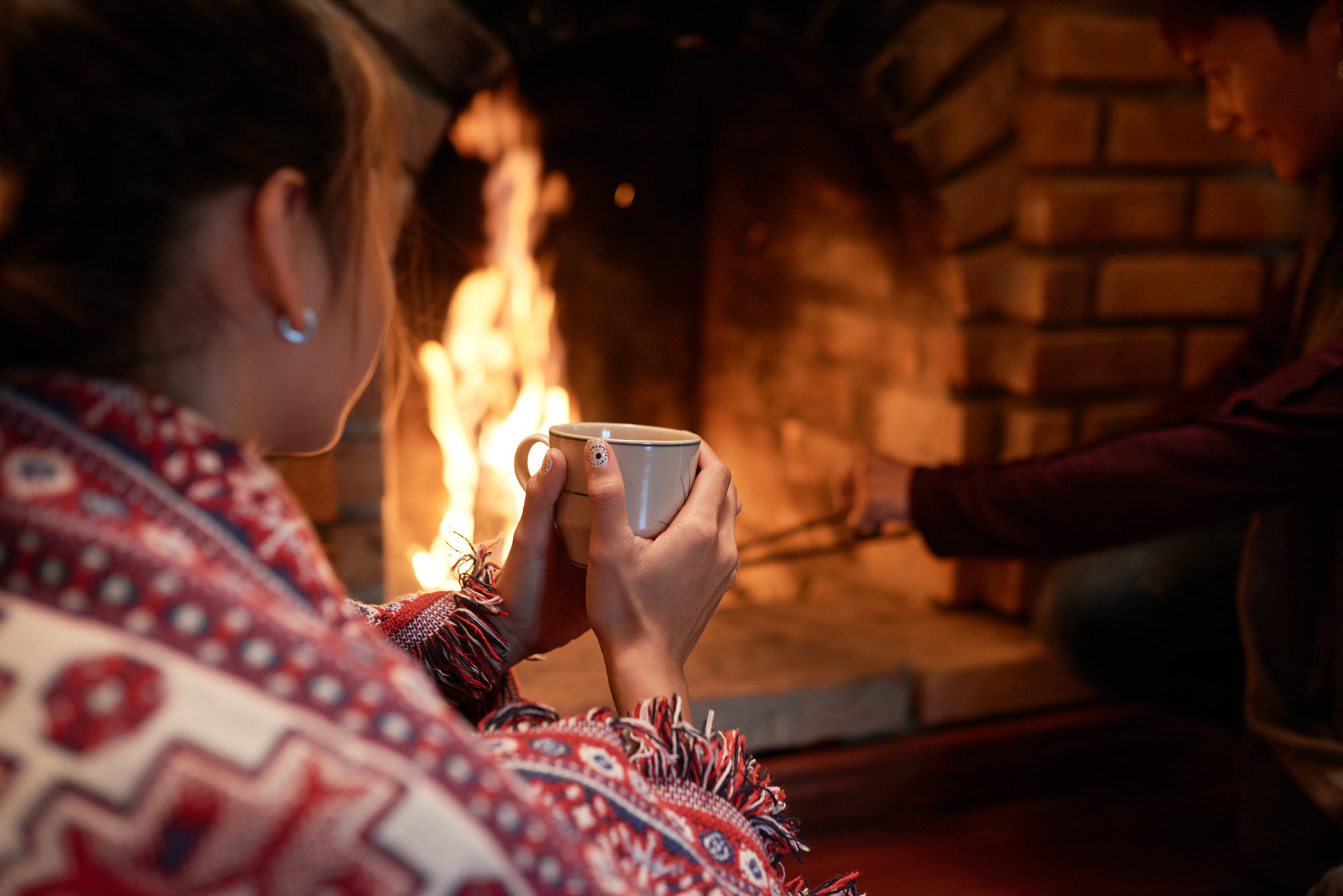How to protect your home during the Winter:

During the winter months in New York, we can experience snowstorms, freezing temperatures, ice, etc. During the winter months, your home is more prone to experience some ice damage to your home's foundation which can also result in leaks, the formation of mildew, and even damage to your carpet. During cold weather if you have a sump pump, cold conditions can freeze a pipe, sending water back into the house and increasing the risk of leaks, mold, and mildew in your home. There are many possibilities of what can happen especially as during the colder months, challenges are profound. In Staten Island, the weather has been relatively decent this winter season but these are tips to keep in mind to prepare your home for the future and can save you from further damages in the future.
As the weather becomes colder, unplug and store any garden hoses to prevent outdoor plumbing fittings from freezing. Then, empty the lines, insulate the hose bibs, and turn off the water to your outside faucets. In the event that a water line ever freezes and bursts, you must immediately turn off the water supply to the house. Declutter your space so that it will be accessible in the case of a plumbing emergency, if clutter is obstructing simple access to your main water shutoff valve. Next, confirm that the shut-off valve is working properly. All water to the home should be turned off by fully turning the valve handle in the clockwise direction. Replace the primary shut-off valve right away if the valve is partially closed or is rusted open. The reasoning for this is because where little to no ice has developed, the pipe typically explodes. There is never a pressure build-up to trigger a breach upstream of the ice blockage since the water can always recede back towards its source. Ice blockages can only happen when water freezes. Pipes that are placed within the building's insulation, have insulation on them, or are heated are safe if they are appropriately protected along their whole length. Water pipes are typically installed inside buildings in northern climes so that insulation will shield them from subfreezing temperatures. However, extremely cold temperatures and structural flaws that let cold air flow into pipes can cause pipes to freeze and break.
Another important thing to remember when it comes to the winter is your roof. A roof that is not insulated or taken care of may result in ceiling bowing, gaps above windows and doors, and even roof collapse. Ice damming, new leakage spots, and other problems with ice and water are among them. As soon as you can, be sure to have your roof ready for these situations. Your roof needs proper attic ventilation if you want to avoid ice jams. Make sure there is no insulation obstructing your attic vents or soffits by inspecting your attic. Your attic's open ventilation will stop warm air from melting snow on the roof, where it might then run off and freeze at the roof's edges. Make sure you clean out your gutter, full gutters increase the possibility of ice forming on your room. Clean them 2 to 4 times a year depending on your location. You should even consider investing in buying gutter screens to prevent clogs from happening, the price can vary based on which guard you choose.
Some more simple tips that may not even cross your mind:
- If batteries are needed to keep your thermostat running, keep those spare batteries on hand always to ensure that it will continuously keep running.
- Reduce the period of time your garage is opened if it is built-in to your home. This will assist in keeping cold air out of your home, safeguard plumbing equipment in your garage, and maintain the integrity of pipes that run along shared walls between your home and garage.
- Keep water flowing if your indoor faucets are located on an exterior wall that isn't insulated adequately. By setting your faucet to a slow drip whenever the temperature falls below freezing. This is only if you feel that your faucets are prone to freezing.
- Sealing up small holes that become an entry point for freezing air to get into your home through.
- Shrink wrap your windows to keep your home warm and prevent water from entering, can be bought from a local hardware store. This is great for underground, basements and anywhere the home is not insulated.

Looking to buy or sell your home on Staten Island? For all your real estate needs, look no further than Tom Crimmins Realty! Give us a call at (718) 370-3200, and we can provide you with professionally-trained agents who are flexible to all that you’re looking for!
Posted by Tom Crimmins Realty on
Leave A Comment